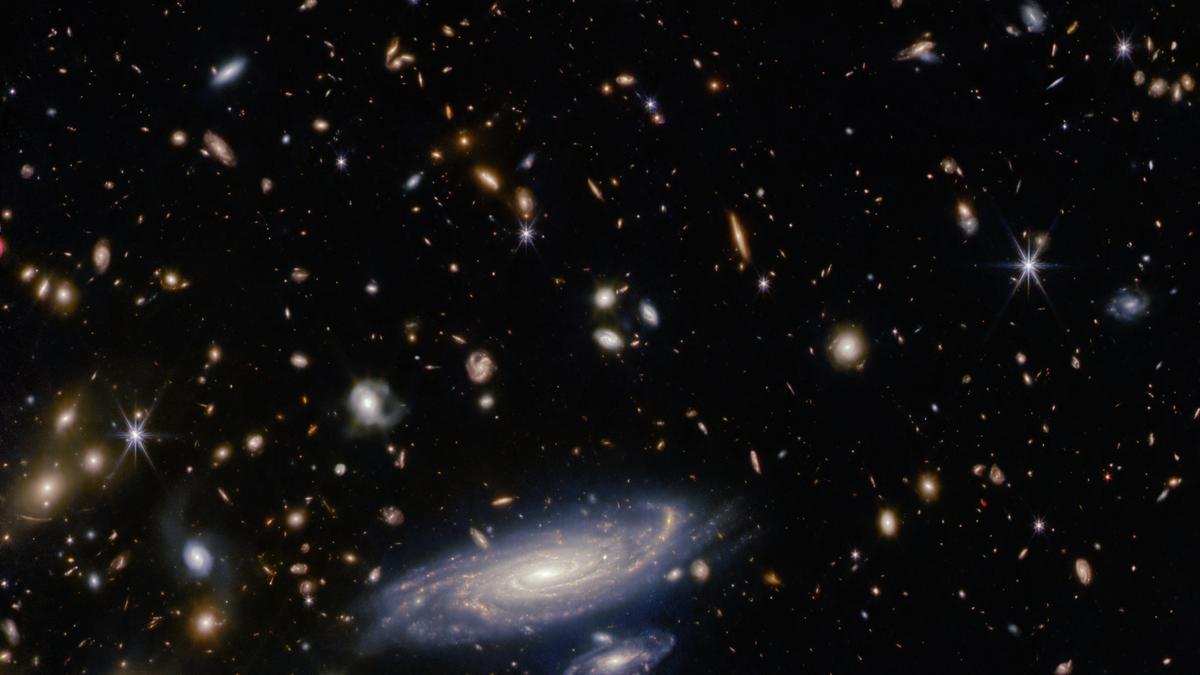- Researchers from India and the United States have devised a novel approach to answering a fundamental question about the universe.
- This question concerns the rate at which the cosmos is expanding.

Our Universe’s Story
- The Big Bang, which occurred roughly 13.8 billion years ago, was a huge explosion.
- The universe became larger over time, with periods of rapid expansion and slowdown.
- Scientists aim to understand this expansion in order to grasp what’s going on in the universe.
A Big Question About the Hubble Constant
- The Hubble constant is a unique value that indicates how fast the cosmos is expanding.
- In 1929, a physicist called Edwin Hubble initially mentioned this number.
- However, scientists are still divided on its significance.
Two Important Measurements
- To get the Hubble constant, we must carefully measure two things:
- How far away are things in space from us?
- How quickly these things are moving away from us as the cosmos expands.
Old Ways vs. New Concept
- Until now, astronomers measured the Hubble constant using a few different methods:
- Looking at supernovae, which are bright explosions in space.
- Using a particular light from the beginning of the universe.
- Waves caused by large collisions in space are being studied.
- However, Indian researchers have proposed a new method of measurement known as “gravitational lensing.”
A Different Perspective on Gravitational Lensing
- Gravitational lensing is similar to utilising gravity to bend light. Consider it a magnifying glass in space.
- This concept originated a long time ago but has lately improved.
- Scientists believe they can measure the Hubble constant using this lensing approach.
- They want to study at gravity-bending waves from space encounters.
- These bent waves could reveal how quickly the universe is expanding.
The Big Idea: A Time Travel Bridge
- This new concept is intriguing because it connects different eras in the history of the universe.
- It could provide us with a good answer to the Hubble constant.
- While this concept is interesting, there are significant obstacles to overcome:
- Making certain that the signals are clear enough to be measured.
- Using the new way to answer additional questions.
- If this new method succeeds, it could help us learn more about dark matter and other aspects of the universe.
Source: https://www.thehindu.com/sci-tech/science/new-way-settle-the-universe-expansion-dispute-risk-dengue-rises-as-the-planet-warms/article67112150.ece
